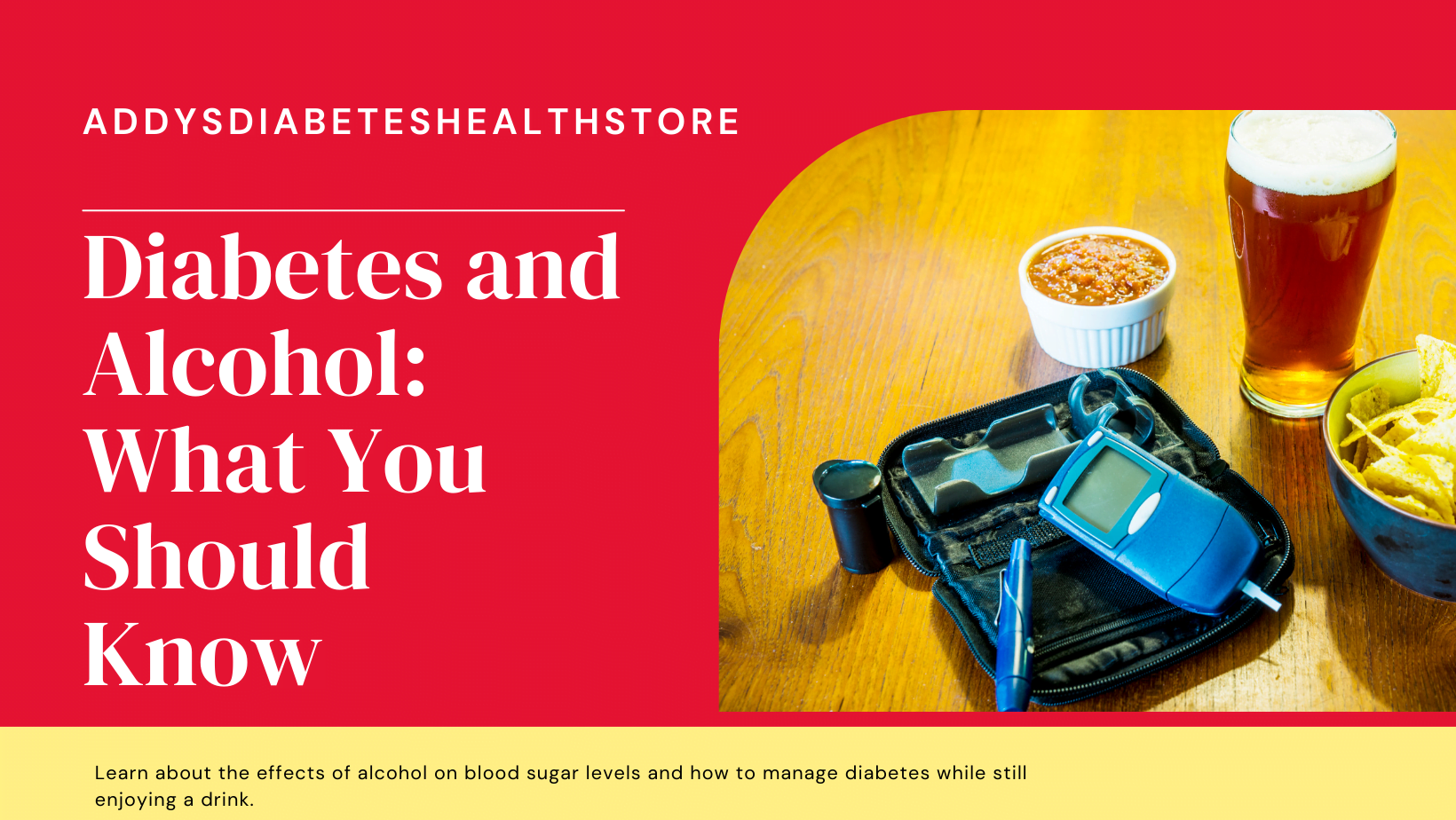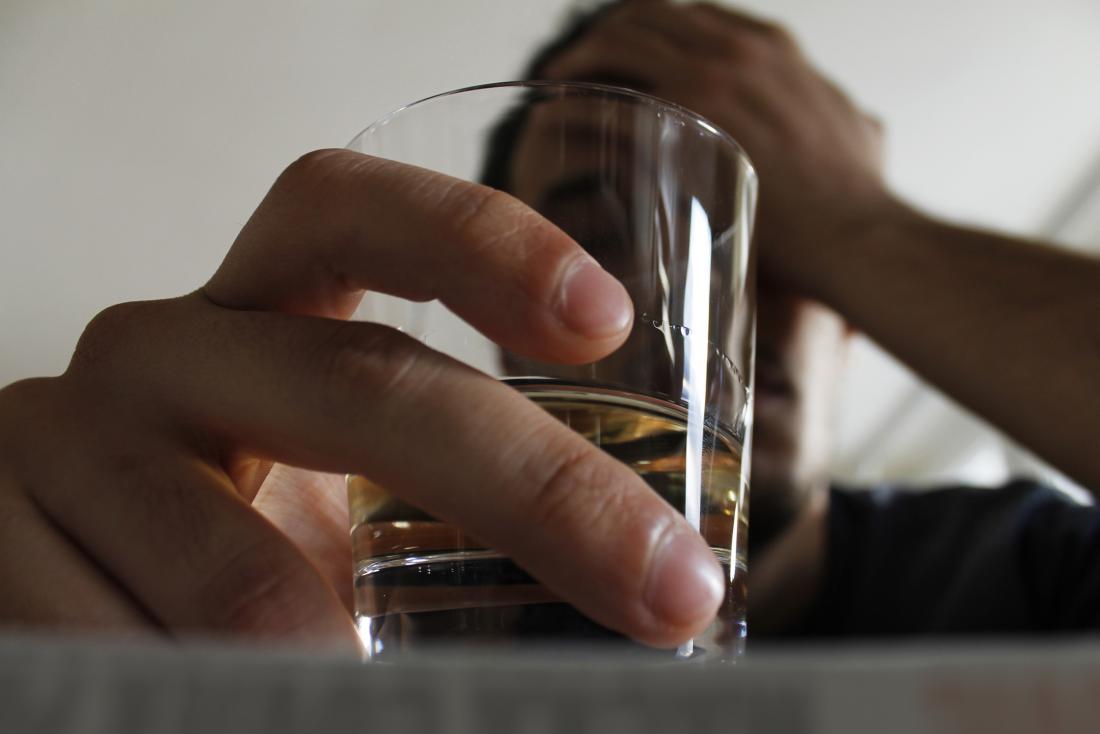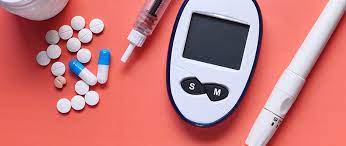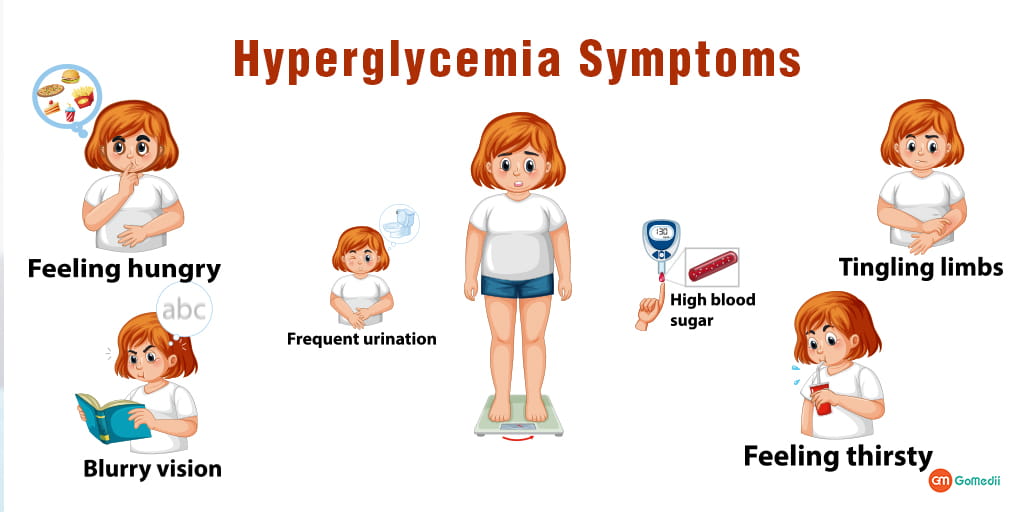1. Introduction to Diabetes and Alcohol
1.1 What is Diabetes?
Diabetes, a condition that affects millions of people worldwide, is all about managing your blood sugar levels. It’s like being in a constant game of “guess that number” where you have to figure out how much insulin your body needs to keep things balanced. It can be a tricky business, but with the right knowledge and lifestyle choices, you can rock at this game.
1.2 Understanding Alcohol Consumption
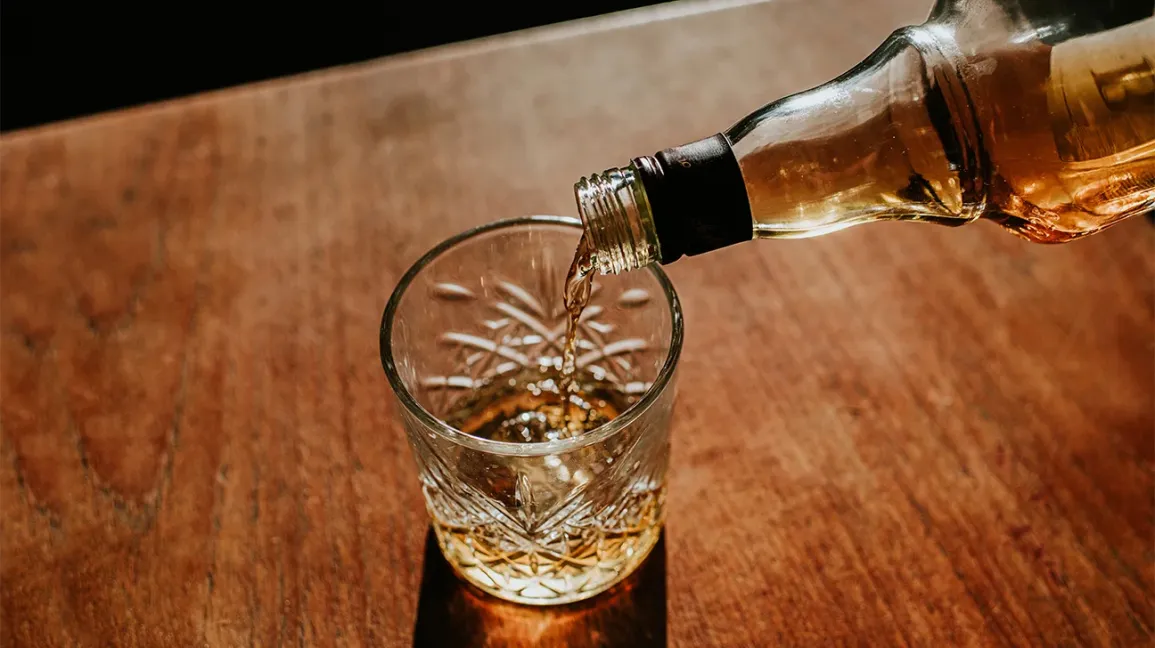
Now, let’s talk about alcohol. We all know that feeling when we’re ready to unwind and have a drink or two. But for folks with diabetes, it’s essential to understand how alcohol can interact with your blood sugar levels. Don’t worry, we won’t rain on your parade here. It’s all about finding the right balance between enjoying yourself and taking care of your health.
2. Understanding the Effects of Alcohol on Sugar Levels
2.1 How Alcohol Metabolism Affects Sugar
When you gulp down that glass of wine or savor your favorite cocktail, your body goes into action mode to process it. Unfortunately, this process can interfere with your blood sugar levels. You see, your body prioritizes metabolizing alcohol over maintaining a steady glucose level. It’s like having a VIP pass to a concert, but it can leave your sugar levels feeling a bit neglected.
2.2 Impact of Alcohol on Insulin Sensitivity
Another thing to keep in mind is that alcohol can make your body more sensitive to insulin. So, if you take insulin or certain medications to manage your diabetes, alcohol can throw a curveball at your usual blood sugar routine. It’s like introducing an unpredictable friend into your carefully planned party.
2.3 Alcohol’s Influence on Glucose Fluctuations
We all know that rollercoaster feeling when our blood sugar levels go up and down. Well, alcohol can hop on that rollercoaster too. It can cause your glucose levels to rise initially, only to drop later. It’s like going through the ups and downs of a relationship, but with your sugar levels. Talk about an emotional rollercoaster!
3. Risks and Complications of Alcohol Consumption for Diabetic Individuals
3.1 Increased Risk of Hypoglycemia
One of the risks of alcohol consumption for individuals with diabetes is an increased risk of hypoglycemia, also known as low blood sugar. Alcohol can affect your liver’s ability to release stored glucose, which can lead to a sudden drop in your sugar levels. It’s like trying to navigate a maze blindfolded while juggling flaming torches. Not exactly a walk in the park.
3.2 Impact on Weight Management and Obesity
Maintaining a healthy weight is crucial for managing diabetes, and alcohol can throw a wrench into those plans. It’s no secret that alcohol can be a sneaky source of added calories, and excessive consumption can lead to weight gain. It’s like having a secret admirer who keeps sending you boxes of chocolates when you’re trying to stay fit.
3.3 Interaction with Diabetes Medications
If you’re taking medications to manage your diabetes, alcohol can interfere with how they work. Some medications can have adverse effects when combined with alcohol. It’s like mixing two chemicals that definitely don’t belong together and watching the explosion (metaphorically, of course).
4. Guidelines for Safe Alcohol Consumption with Diabetes
4.1 Recommended Alcohol Limits for Diabetic Individuals
Alright, here’s the scoop on safe alcohol consumption for people with diabetes. It’s generally recommended to stick to moderate drinking guidelines, which means up to one drink per day for women and up to two drinks per day for men. Remember, moderation is key. It’s like finding the perfect balance between sipping your favorite drink and not wanting to dance on tables.
4.2 Choosing Lower Sugar and Lower Carb Drink Options
When it comes to selecting your beverages, opting for lower sugar and lower carb options can be a game-changer. You can go for light beers, dry wines, or even mix your favorite spirits with sugar-free mixers. It’s like being a mixologist and creating your own fantastic concoctions without the guilt.
4.3 Importance of Monitoring Sugar Levels
Last but not least, always keep an eye on your blood sugar levels when you’re enjoying a night out. Regular monitoring is essential, especially if you’re indulging in alcohol. It’s like having a trusty GPS that tells you where you are and where you’re headed, except it’s guiding your sugar levels instead of your car.
Remember, diabetes and alcohol can coexist, you just need to be mindful of how they interact. So, enjoy that occasional drink, but don’t forget to raise a glass to good health too! Cheers!Finding the Right Healthcare Provider
8.2 Discussing Alcohol Use with Your Doctor
8.3 Utilizing Support Groups and Resources
Here is the complete article:
Diabetes and Alcohol: What You Should Know
5. Managing Alcohol Intake and Sugar Control
5.1 Establishing a Personalized Alcohol Consumption Plan
When it comes to enjoying alcohol while managing diabetes, having a personal plan is key. What works for one person may not work for another, so it’s important to find the right balance that suits your body and lifestyle. Consider factors such as your blood sugar levels, the type of alcohol you consume, and any medications you’re taking.
5.2 Counting Carbs and Adjusting Insulin Doses
Counting carbs becomes even more crucial when alcohol is in the picture. Different types of alcohol contain varying amounts of carbohydrates. It’s essential to factor these carbs into your overall meal plan and adjust your insulin doses accordingly. Remember, moderate alcohol consumption is generally recommended, so it’s important not to overindulge.
5.3 Monitoring Sugar Before, During, and After Drinking
Keeping a close eye on your blood sugar levels is vital when alcohol is involved. Before you start drinking, check your blood sugar to establish a baseline. Throughout the evening, continue to monitor your levels to ensure they stay within a safe range. And don’t forget to check them again after drinking to see if any adjustments need to be made.
6. Recognizing Alcohol-Related Hypoglycemia and Hyperglycemia
6.1 Symptoms and Signs of Hypoglycemia
Hypoglycemia, or low blood sugar, can be a risk when alcohol is consumed. It’s important to be aware of the symptoms, such as shakiness, sweating, confusion, and dizziness. If you experience any of these signs, it’s crucial to treat the low blood sugar promptly.
6.2 Symptoms and Signs of Hyperglycemia
On the flip side, alcohol can also contribute to hyperglycemia, or high blood sugar. Symptoms of hyperglycemia include increased thirst, frequent urination, fatigue, and blurred vision. Monitoring your blood sugar levels and recognizing these signs is essential for effective diabetes management.
6.3 Immediate Actions to Take in Case of an Emergency
In case of an emergency, it’s crucial to have a plan in place. Inform those around you about your condition and make sure they know how to recognize and respond to a diabetic emergency. Always carry glucose tablets or snacks to quickly and effectively treat low blood sugar.
7. Tips for Alcohol Moderation and Diabetes Prevention
7.1 Strategies for Limiting Alcohol Consumption
Moderation is key when it comes to alcohol consumption and diabetes management. Consider strategies such as setting limits for yourself, alternating alcoholic drinks with water, and seeking out non-alcoholic options. It’s all about finding a healthy balance that works for you.
7.2 Alternatives to Alcoholic Beverages
If you’re looking to cut back on alcohol or simply want to enjoy a night out without drinking, there are plenty of alternatives to choose from. Offering a wide range of flavors and options, mocktails, sparkling water, or herbal teas can provide a refreshing and enjoyable alternative to alcoholic beverages.
7.3 Importance of a Healthy Lifestyle to Prevent Diabetes
Managing diabetes and alcohol is just one piece of the puzzle. Maintaining a healthy lifestyle is crucial for preventing diabetes in the first place. Regular exercise, a balanced diet, and stress management are all key components in keeping diabetes at bay.
8. Seeking Professional Guidance for Alcohol Use and Diabetes Management
8.1 Finding the Right Healthcare Provider
When it comes to managing alcohol use and diabetes, it’s essential to have a healthcare provider who understands your unique needs. Seek out a doctor or diabetes specialist who can provide guidance, answer questions, and assist you in creating a personalized plan.
8.2 Discussing Alcohol Use with Your Doctor
Don’t hesitate to have an open and honest conversation with your healthcare provider about your alcohol consumption and diabetes management. They can provide valuable insight, adjust your treatment plan if necessary, and help you navigate any challenges you may face.
8.3 Utilizing Support Groups and Resources
Connecting with others who are dealing with similar challenges can be immensely helpful. Support groups and online communities can provide a non-judgmental space to share experiences, seek advice, and find encouragement on your journey of managing diabetes and alcohol consumption.
Remember, managing diabetes and alcohol is all about finding the right balance for you. With proper planning, monitoring, and support, you can enjoy a fulfilling social life while effectively managing your diabetes. Cheers to that!
In conclusion, it is essential for individuals with diabetes to be well-informed about the effects of alcohol on their health. By following recommended guidelines, monitoring blood sugar levels, and seeking professional guidance, it is possible to safely incorporate alcohol into a diabetes management plan. Remember, moderation, awareness, and prioritizing overall health are key. By making informed choices and taking proactive steps, individuals with diabetes can navigate the complex relationship between diabetes and alcohol and lead a fulfilling and healthy lifestyle.
FAQ for Diabetes and Alcohol
1. Can I drink alcohol if I have diabetes?
Yes, individuals with diabetes can consume alcohol, but it must be done in moderation and with caution. It is crucial to understand the potential impact of alcohol on blood sugar levels and to follow recommended guidelines for safe consumption.
2. How does alcohol affect blood sugar levels?
Alcohol can initially cause blood sugar levels to rise, but it can later lead to a drop in blood sugar levels. This can be particularly risky for individuals with diabetes, as it can increase the risk of hypoglycemia. It is important to monitor blood sugar levels closely and adjust medication or insulin doses accordingly.
3. What are the risks of excessive alcohol consumption for individuals with diabetes?
Excessive alcohol consumption can pose several risks for individuals with diabetes. It can lead to uncontrolled blood sugar levels, weight gain, interference with diabetes medications, increased risk of hypoglycemia, and other complications. It is crucial to be aware of these risks and to practice moderation when consuming alcohol.
4. Should I consult my healthcare professional regarding alcohol consumption?
Yes, it is highly recommended to consult with your healthcare professional regarding alcohol consumption if you have diabetes. They can provide personalized guidance based on your specific health condition, medications, and blood sugar management goals. They can also help you develop a plan for safe alcohol consumption and address any concerns or questions you may have.

